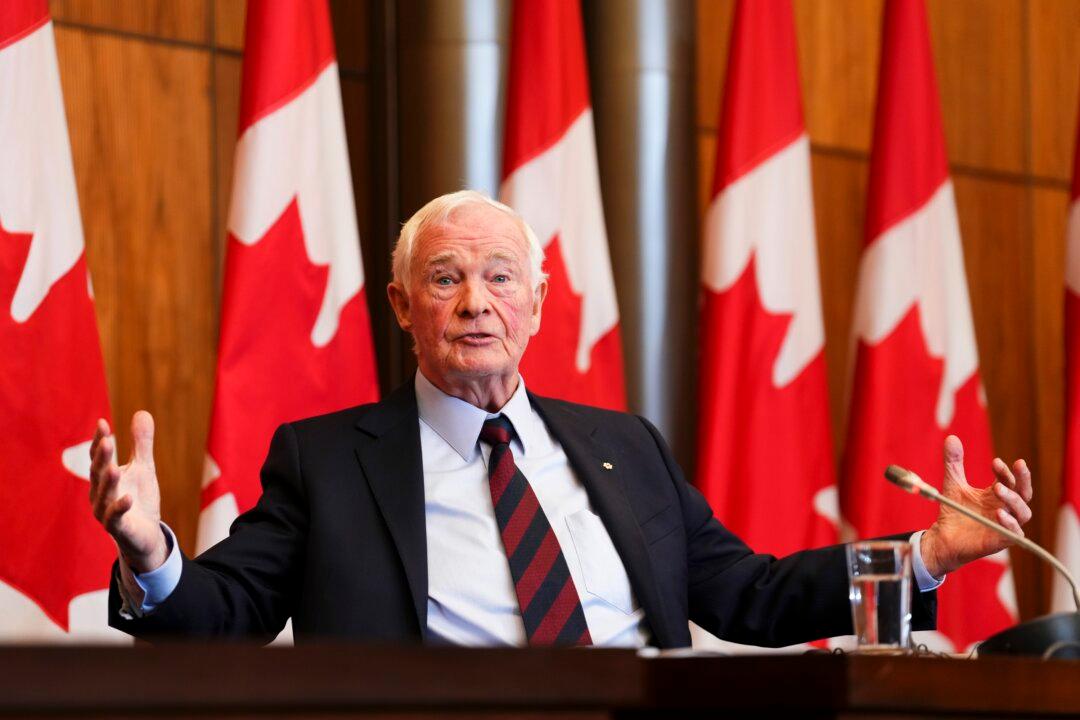With David Johnston having resigned from his role as special rapporteur on foreign interference in Canada’s elections, talk that Prime Minister Justin Trudeau may call a public inquiry is in the air.
Intergovernmental Affairs Minister Dominic LeBlanc told reporters on Parliament Hill on June 10 that Trudeau has instructed him to hold consultations with both “legal scholars” and the leaders of federal opposition parties to determine “what the next steps should look like and determine who best may be suited to lead this public work.”





